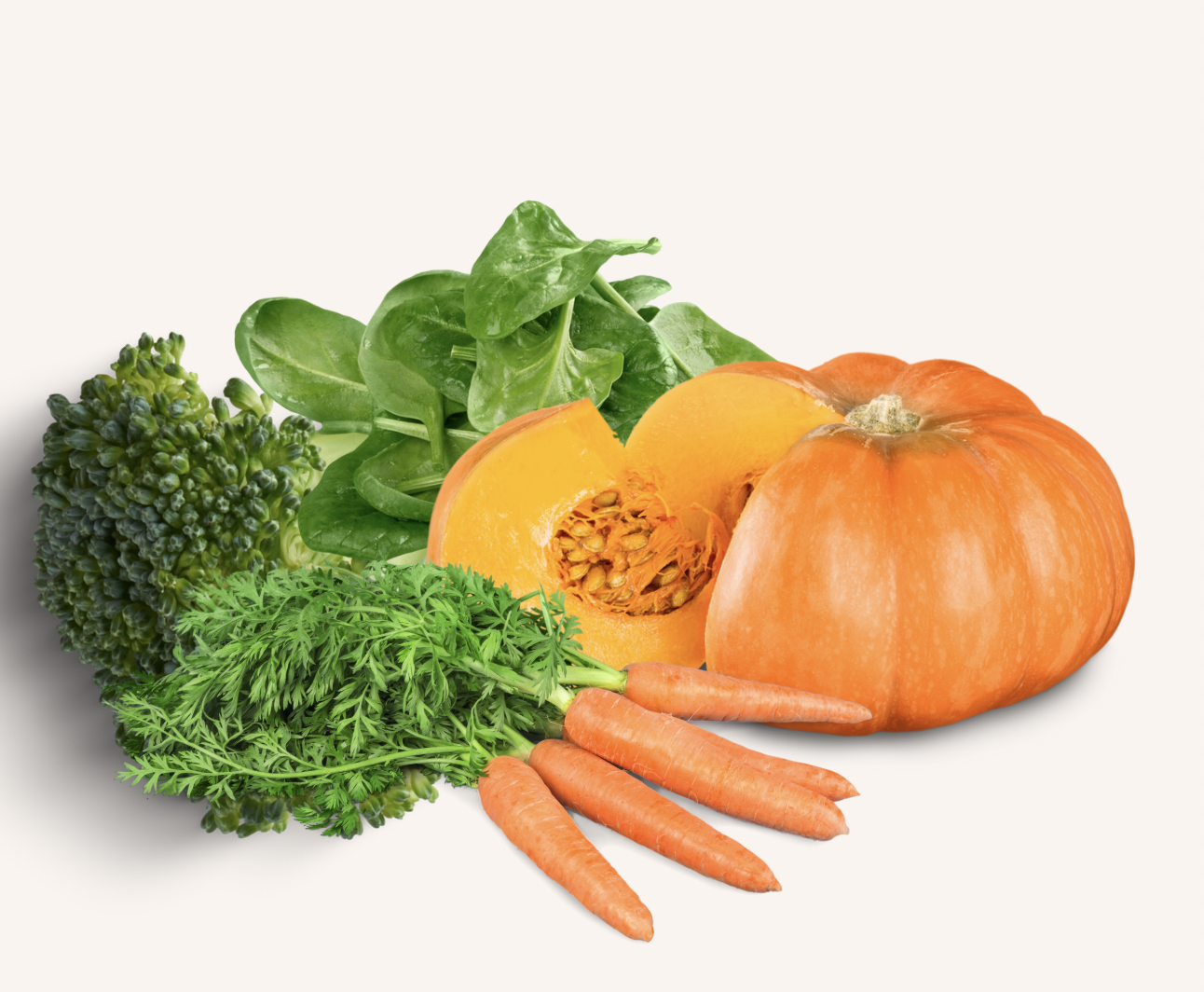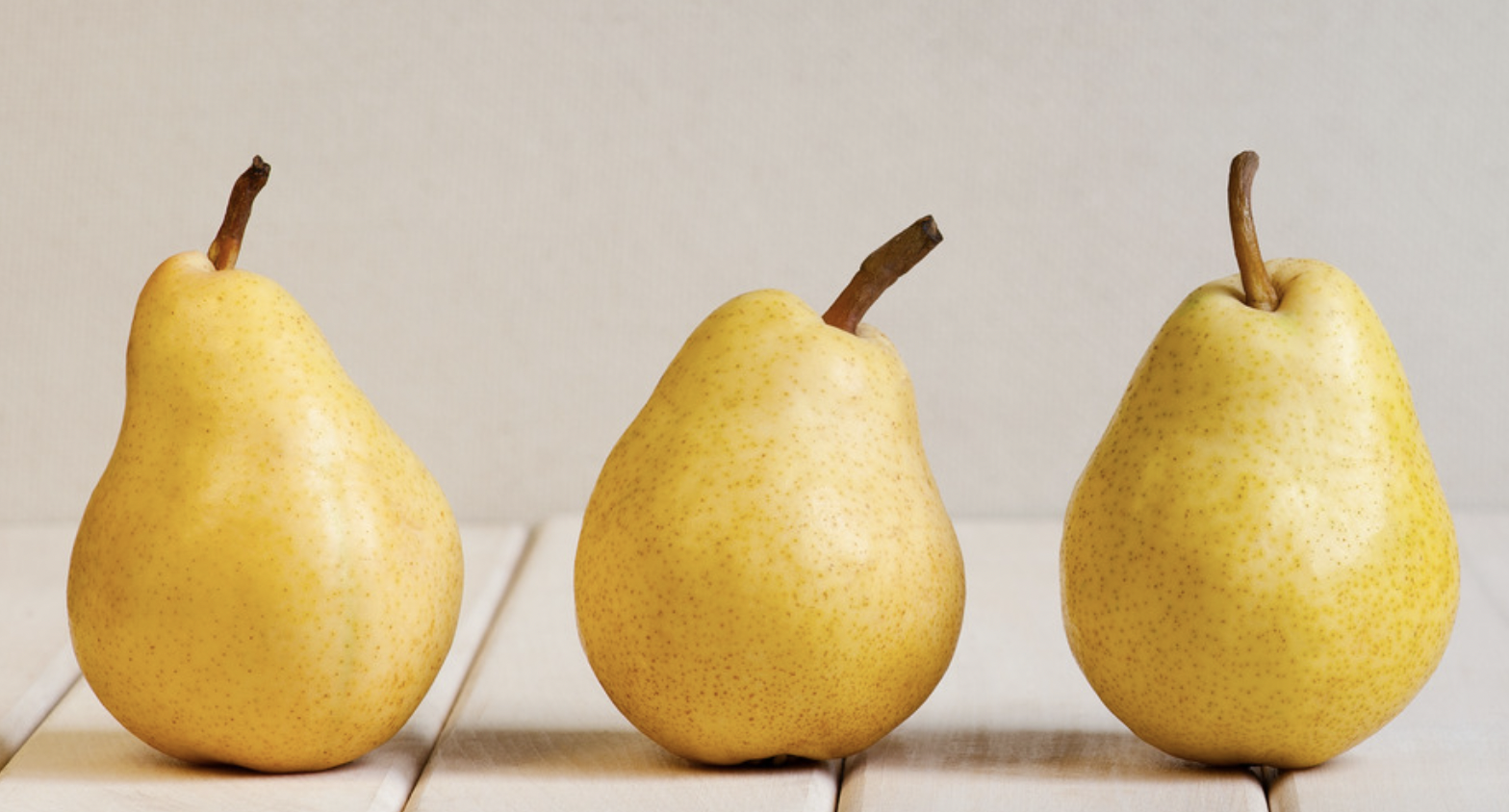What am I reacting to?
Why Food Reactions Can Get Confusing (and What You Can Do About It)
If you've found yourself reacting to a growing list of foods, you're not alone — and you're not imagining it.
It can be overwhelming and confusing when meals that once felt nourishing now leave you feeling bloated, tired, or unwell. Often, people in this situation feel like their body is suddenly "intolerant to everything," and the natural response is to keep cutting out more and more foods in search of relief. But this can become a frustrating cycle that feels restrictive and disheartening.
The truth is, this heightened sensitivity often stems from an inflamed or compromised digestive lining — and the good news is, it’s not permanent.
Why You Might Feel Like You're Reacting to Everything
When the gut lining becomes irritated or inflamed (from stress, infections, food intolerances, medications, or other factors), your body becomes hypersensitive. It may respond to even simple, nourishing foods with discomfort or digestive symptoms. This is because the body is trying to move food through quickly to protect the gut and allow space for healing.
The downside? This fast transit time limits your ability to absorb nutrients properly — leading to deficiencies, fatigue, poor immunity, and a general sense of depletion. It’s a protective mechanism, but it can take a toll on your energy and wellbeing.
Make it stand out
Removing Foods Isn’t Forever
While it may be necessary to remove certain trigger foods during this time, it’s important to remember: elimination is a short-term strategy, not a long-term sentence.
By temporarily removing the foods that aggravate your system and switching to a simple, wholefood-based diet, you’re giving your digestive tract a chance to rest, reset, and repair. This foundational approach helps reduce inflammation and supports the body’s natural healing processes.
Interested in seeing what a week of eating can look like? Reach out to receive a free 7-day calm gut eating guide that includes recipes, shopping list and meal plan.
There's So Much That Can Be Done to Help
You don’t need to navigate this alone. As a naturopath, I look at the whole picture — your symptoms, your lifestyle, your history, and your goals — to develop a plan tailored to your needs.
There are many tools in the naturopathic toolkit to support gut healing, including:
Herbal medicine to soothe inflammation and support repair
Nutritional support to restore depleted nutrients
Probiotics and prebiotics to rebalance your microbiome
Lifestyle strategies to reduce stress and support digestion
Testing (if needed) to pinpoint underlying issues
Healing the gut is absolutely possible, and it often happens faster with the right guidance and support.
Reintroducing Foods — With Confidence
Once your gut has had time to heal and your symptoms have settled, you can begin to reintroduce foods — carefully and methodically, with the help of your naturopath. Some foods you may find you tolerate again with ease. Others might not feel quite right anymore, and that’s okay too.
You may decide some foods are best left as occasional treats, or not brought back at all if you feel better without them. It’s about finding your personal balance and freedom — not following rigid food rules.
The Takeaway
If you're reacting to many foods right now, don’t lose hope. Your body isn’t broken — it’s asking for support.
With a simple, temporary reset and the right naturopathic tools, your gut can heal. Your energy can return. And you can get back to enjoying food without fear or confusion.
If this resonates with you, I’m here to help. Book a consultation and let’s begin the journey toward a more nourished, balanced, and resilient you.


